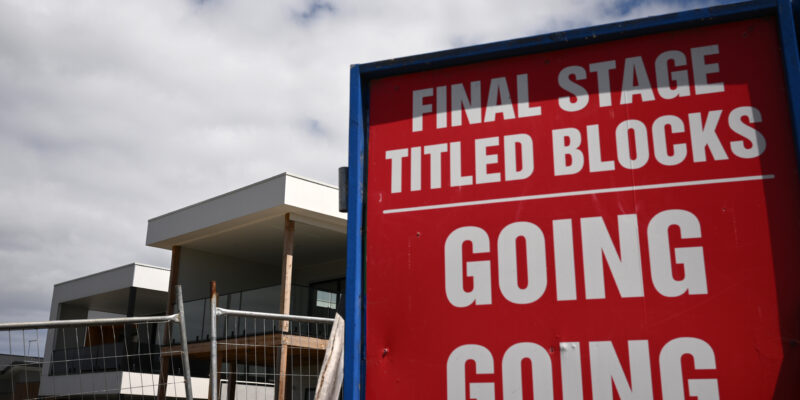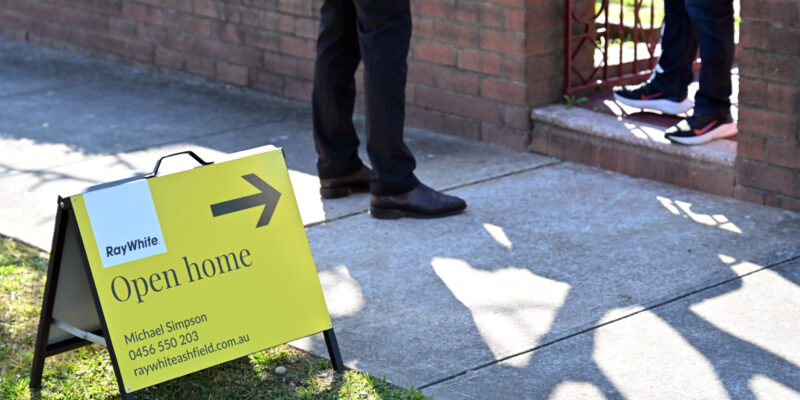Housing shortfall prediction disappointing but not surprising
Forecasts predicting a shortfall in the Housing Accord target reflect broader issues - from workforce shortages to planning red tape and infrastructure gaps.

TREASURY advice that the Housing Accord’s target of 1.2 million homes will not be met is disappointing but unsurprising.
That’s the verdict of the Real Estate Institute of Queensland, whose CEO Antonia Mercorella said it showed the pressing need for a coordinated national housing strategy that moves beyond big numbers.
“These targets are just numbers until they are realised as homes,” Ms Mercorella said.
“We want to see bold ambition – but it must be backed by practical, coordinated action and not just arbitrary numbers that make headlines but don’t result in enough homes being built.”
Ms Mercorella said the failure to meet such a critical commitment reflects the broader issues hampering Australia’s housing delivery framework – from workforce shortages to planning inefficiencies, infrastructure gaps, and sluggish approvals.
“There’s no productivity without housing. If we want a strong and resilient economy, ensuring all Australians have access to safe, secure, and affordable housing must be treated as a central economic priority,” she said.
The REIQ is calling on the Federal Government to ensure that housing affordability and delivery are prominent agenda items at the upcoming Productivity Roundtable in August.
“This roundtable presents a vital opportunity to acknowledge that housing is more than a social issue – it’s a cornerstone of national productivity and wellbeing,” Ms Mercorella said.
“We’d like to see Governments at all levels committing to reforming planning systems, investing in enabling infrastructure, and supporting the construction sector to meet real, achievable, and measurable housing goals.”






